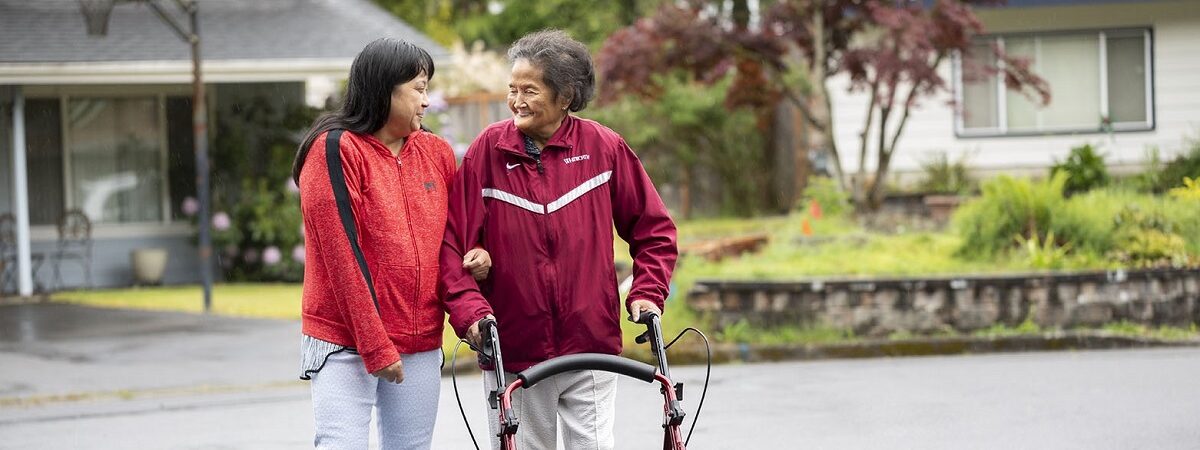
Carina
Model & Strategy
Carina is solving the care gap in the homecare industry by connecting under-resourced care providers and care seekers through innovative technology and partnerships. More than 50,000 care seekers and care providers are using Carina’s platform, resulting in 7 million hours of care provided and $128 million in earnings generated for care providers.
The Problem
Home care seekers—particularly low-income care seekers—struggle to find and access quality care, a problem likely to worsen as the aging population in the U.S. causes a spike in demand. This has led to home care becoming the largest and one of the fastest-growing professions in the U.S., with over 1.2 million new care jobs projected from 2019 to 2029. Yet, even as caregivers are in high demand, many care workers struggle to find full-time work and new clients. Despite home and child care workers winning one of the largest union-organizing victories in recent memory—demonstrating the power of women and BIPOC-led organizing—care providers still do not have livable annual incomes due to a lack of full-time work and difficulties finding clients. These workers continually earn low annual incomes, averaging just under $30,000. Providing care professionals with access to full-time work, new clients, and choices will increase economic security for care workers and their families, in turn improving the accessibility of care for underserved communities. These upstream investments in quality care will yield significant benefits for the country’s growing senior populations, helping them and our health systems avoid costly downstream events like hospitalizations.
The Solution
Partnering closely with caregiver labor representatives and government agencies, Carina has created a tech-enabled care matching platform to connect the supply of care workers with vulnerable home-based populations more safely and efficiently, delivering increased worker earnings and increased access to care. Licensed home care workers can register for an account online, allowing them to build and control a full-time work schedule across multiple clients. Meanwhile, care seekers — including elderly and disabled individuals or their family members — can look for support with activities such as meals, personal care, medication management, mobility, or other daily living tasks. By embedding the platform in collective bargaining agreements with states and labor, Carina is able to offer services in six states and partner with labor unions, government, advocacy organizations, and service providers to ensure their tools provide access to quality care and good jobs.
In their first five years, Carina scaled from one state with one offering to six states with three offerings, generating over $80 million in earnings for care workers. In the next five years, Carina aims to generate over $250 million in earnings for care workers by increasing partnerships and network effects through replication in new states and deepening the footprint in current states.



Nidhi has spent 20 years in the labor movement, finding ways to empower workers to thrive. Prior to starting Carina, Nidhi served as national research director at the Service Employees International Union (SEIU). Carina was selected as MIT Solver in the 2022 Global Challenge: Care Economy, and Nidhi joined the inaugural cohort of MIT Solve’s Black and Brown innovators. She holds a B.S. in economics from the Wharton School of the University of Pennsylvania and a master’s in public policy from Harvard Kennedy School.

Impact
12,000 care matches made between care seekers and care workers, resulting in 7 million hours of care delivered
$128 million in earnings generated for care workers

